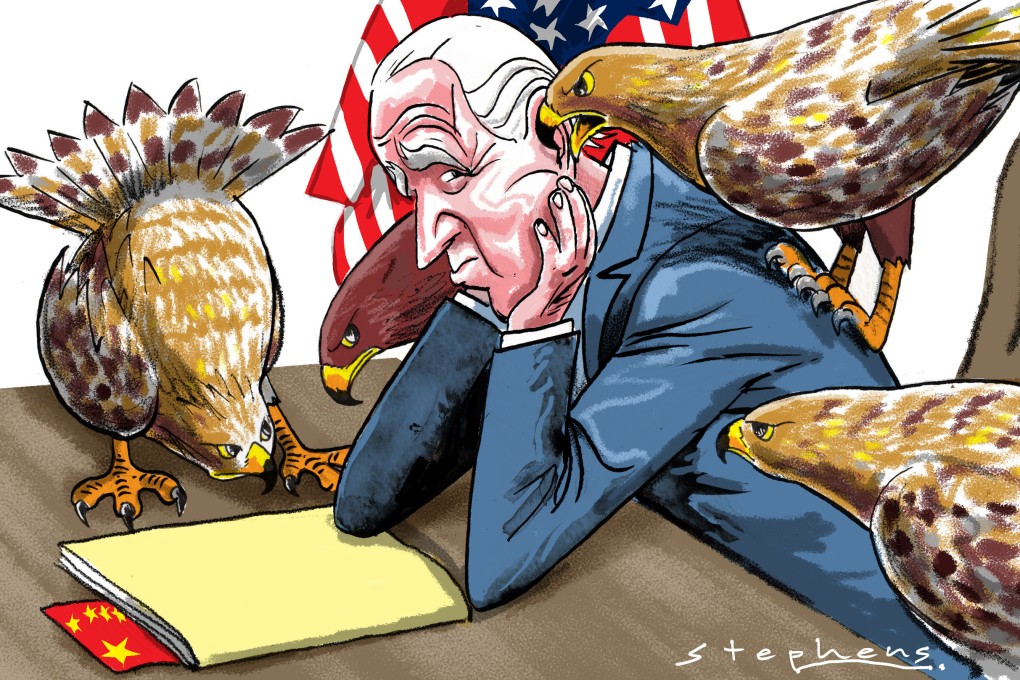Opinion | Beware a new generation of ‘Washington Warriors’ bent on deterring China
- US history is no stranger to rambunctious bureaucrats and advisers whose cunningness led America to war
- Today’s Washington hawks have faith in the invincibility of US military power and its ability to deter China

The China of 1941 was a poor, rural nation. It was, on one hand, fighting the Japanese Imperial Army, which had controlled large chunks of its territory since 1937, while on the other, it was fighting the forces of the Communist Party. At a time when many Americans could not even locate China on a map, the United States deeply sympathised with the plight of the Chinese people.
Within the administration, a group of bureaucrats, policymakers and pundits who some historians have referred to as the “Washington Warriors” held sway in the capital’s power centres. They pushed for a more hawkish foreign policy aimed at confronting both Nazi Germany across the Atlantic and Imperial Japan in the east.
At the heart of the policy debate on Japan was oil. Most of the oil that lubricated the Japanese war machine came from the US, and Roosevelt was pressed to cut off the supply. It is commonly held that Japan’s attack on Pearl Harbour was in response to the American oil embargo, but this is not exactly what happened.

